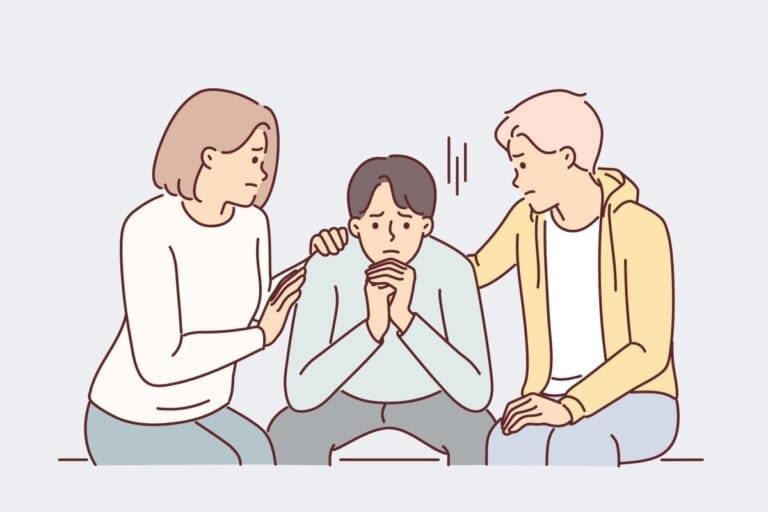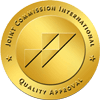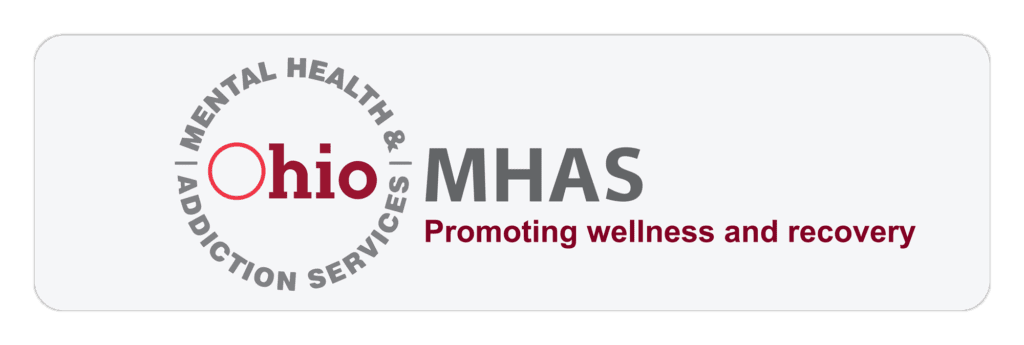How To Help A Friend With A Drug Addiction
- June 19, 2023
- Prosperity Haven
- Addiction Treatment

Nobody wants to believe that they have a “drug addict friend.” It’s a really scary prospect, and you may not know how to deal with the situation. But contrary to what you may think, the steps needed to help a drug addict are not complex. The most important thing you can do is show compassion and support. This way, you can guide your friend to trained professionals who know how to help them move beyond their addiction.
But if this is your first time encountering a loved one with a substance use disorder, you probably have a few questions. First and foremost, how can you help a friend who is addicted to drugs? What are the signs that you should look out for? Should you hold an intervention? Finally, where can you turn for professional help?
In today’s guide, we will answer all of these questions and more. And remember, if you believe that your friend is struggling with drug addiction, don’t hesitate to reach out to the experts at Prosperity Haven.
Signs Of Drug Addiction In Friends
It’s not always easy to see the signs of drug addiction, especially when the person is a close friend. You may be tempted to dismiss the warning signs, but this could be a deadly mistake. So, if you want to look out for your friend and get them the help they need, be on the lookout for some of the most common signs of addiction:
Behavioral Changes
People evolve over time, which can and does lead to changes in behavior. However, when you come to know someone well, you know their likes, dislikes, and even mannerisms. In short, you know the behaviors that define them as a person. Drug addiction can lead to profound changes in behavior that come on suddenly, or even more subtle changes that happen over an extended period of time.
Either way, knowing what to look for is key. Some of the most common behavioral changes include:
- Increased desire for privacy or secrecy
- Withdrawal from social activities
- Lack of interest in hobbies or activities they used to enjoy
- “Flaky” attendance, such as showing up late or failing to show up at all
- Poor or worsening personal hygiene
- Neglected responsibilities at work, school, or home
- Financial troubles, often requiring the person to borrow or steal money
- Difficulty maintaining relationships with others
It’s important to remember that some or even all of these signs do not guarantee that someone is addicted to drugs. In fact, some people exhibit all of these behaviors with absolutely no help from drugs or alcohol! That said, if these behaviors are not normal for your friend, and your friend starts changing the way they act, it could be an indication that they’re struggling with substance abuse.
Physical Symptoms
Many drug abusers will exhibit physical symptoms of addiction. Like behavioral changes, these can come on suddenly or emerge over time. That said, physical symptoms may take longer to manifest, which can mean that you may not notice any physical signs until the addiction has already become severe. In any case, here are some of the physical symptoms you should watch for:
- Red or bloodshot eyes
- Pupils that are unnaturally dilated (large) or constricted (small)
- Sudden fluctuations in weight, most commonly weight loss
- Slurred or slow speech
- Shaking or tremors
- Inexplicable bruises or track marks
Emotional Instability
Drugs are often used as a way to cope with mental illness, boredom, or the responsibilities of life, but they often make it more difficult to actually face these problems. When someone has become addicted, their emotional state will often become less stable and more difficult to predict. Here are a few emotional signs that may indicate substance abuse:
- Frequent and extreme mood swings
- Negative emotions and behaviors like irritability, anxiety, and depression
- Sudden and unexplained moments of euphoria
- Patterns of irrational thinking or paranoia
What To Do If Your Friend Is Addicted To Drugs
The first steps you take are crucial. You may have seen instances of drug abuse in movies or television, in which friends or family stage an intervention or confront the person directly, but these are often not the best solutions. In fact, if you’re not careful, your actions could drive your friend to continue abusing drugs and not seek out help. While a trained substance abuse counselor may recommend a staged intervention, you should not try this method on your own without talking to someone who knows what they’re doing first.
And before you try anything, the best thing you can do is sympathize with your friend. They may not feel in control and they may want to quit drugs for good, but they don’t know where or how to start. So, just continue being a friend to them, without condoning (or condemning) their behavior. Then, you can begin to address the issue more directly.
You should definitely express concern to your friend about their substance abuse, but you should be careful about your tone and wording. Even if they don’t show it, your friend probably feels a great deal of shame. Having a condescending or judgmental tone will only make things worse. Instead, try your best to offer support, tell your friend how much you care about them, and let them know that you’re always there if and when they need help.
The next steps you should take will largely depend on how your friend reacts. They may ask for money, in which case you should set clear boundaries and explain that you can’t enable the behavior. If they react with anger, you may need to step away from the situation temporarily until they’ve had time to calm down. Once you feel comfortable broaching the subject, explain that you can help your friend get professional treatment.
Why Drug Addiction Requires Professional Treatment
Drug addiction is a very complex issue that requires expert knowledge to address. You cannot simply deprive your friend of access to drugs and expect the problem to go away (this could actually be quite dangerous). Instead, you need to seek out professional help for your friend so that they can benefit from all of the following:
- An accurate diagnosis of their condition (and any co-occurring disorders)
- Detoxification in a safe, comfortable, and private facility
- Monitoring to avoid further substance abuse or self-harm
- Therapy with professional psychologists and substance abuse counselors
- Evidence-based solutions like cognitive-behavioral therapy (CBT) and group therapy
- A structured environment with round-the-clock access to supportive resources
- Skill development to prevent relapse and ensure long-term sobriety
When you combine all of these benefits and features of professional, inpatient drug rehabilitation, you can see that addiction is not a problem you can solve on your own. Seeking out a high-quality, professional drug treatment program is the absolute best thing you can do for a friend in need.
How Prosperity Haven Can Offer a Helping Hand
If you have a friend struggling with drug addiction, just know that neither you nor your friend is alone. Your friend needs help from professionals who possess the knowledge and experience to lead your friend on the path to recovery. This is where Prosperity Haven can help.
Located in Chardon, Ohio, Prosperity Haven is an inpatient rehabilitation center where your friend can detox and recover in peace. It may not be an easy journey, but Prosperity Haven has the tools, resources, and compassion to help someone you love to lead a happier life without drugs. Reach out today to learn more.
YOUR NEW BEGINNING
STARTS HERE
Take the First Step and Reach Out Today






